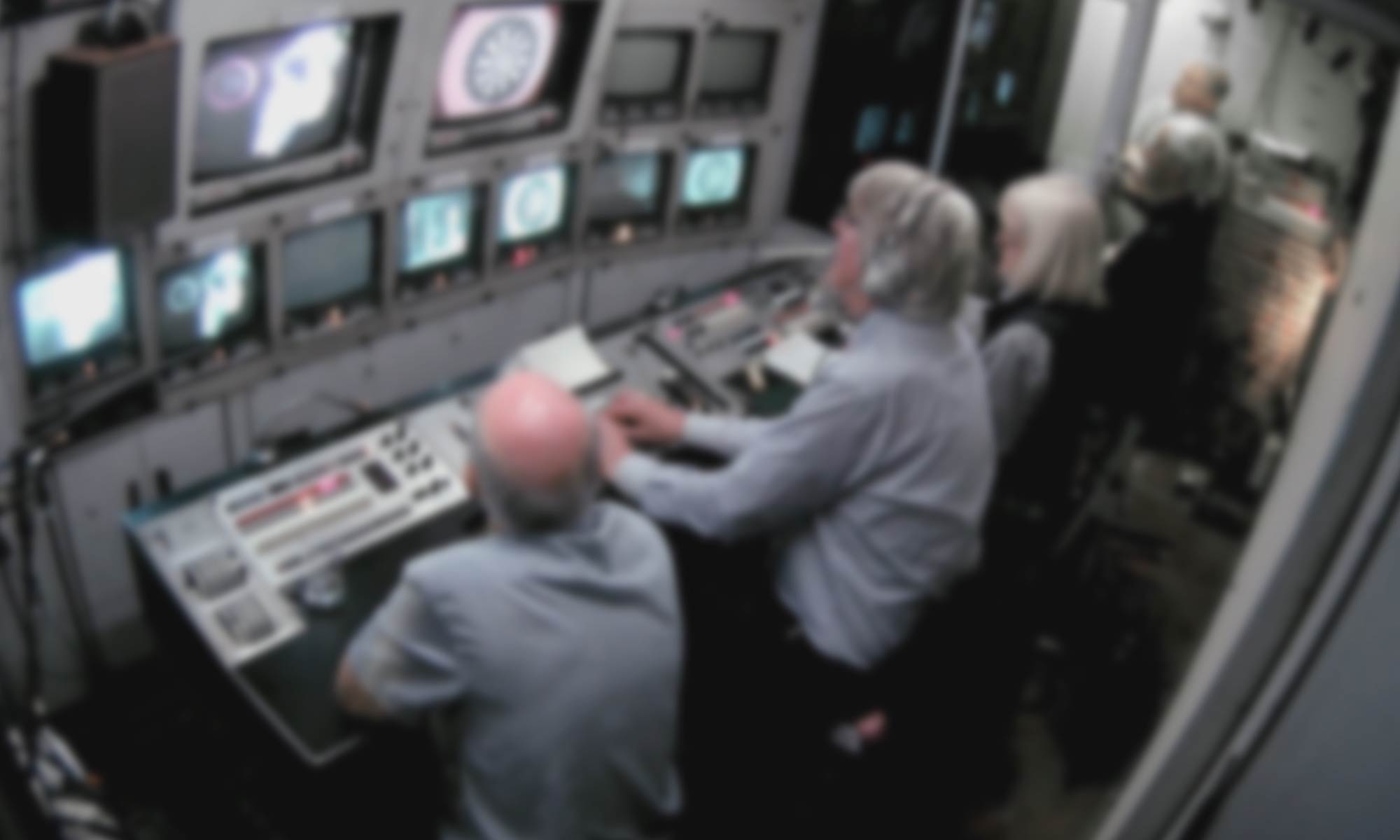Thursday 23rd and Friday 24th November 2017
National Science and Media Museum, Bradford
Pioneering ex-BBC television crews responsible for bringing colour into our homes in the late 1960s will bring TV history to life in the foyer of the National Science and Media Museum in Bradford later this month (November 23-24).
ADAPT LIVE, part of the Being Human festival, will reunite veteran TV crews to demonstrate the skills that brought us some of Britain’s earliest colour TV shows.
During ADAPT LIVE, participants – all of them former television producers and technicians who worked on BBC outside broadcasts during the 1960s and 1970s – will share stories, host live demonstrations and screen footage to share how television used to be made.
The event will include a rare opportunity to see working demonstrations of historic television camera, including the iconic Pye PC80 and EMI 2001, which were among the earliest colour cameras regularly used in the UK.
The exhibition includes:
- Live outside broadcast with original kit from late 1960s/early 1970s.
- ADAPT footage screening and live Q&A with experienced directors, cameramen, sound and lighting engineers.
- Memory Booth – Your opportunity to tell us about your memories of 1970s TV and your thoughts about the ADAPT project.
The exhibition is FREE but booking is required for the Q&A via the Being Human Website https://beinghumanfestival.org/event/adapt-live-2/
To find out more about the ADAPT project visit: www.adaptTVhistory.org.uk
For further information about ADAPT Live, please contact
Producer Amanda Murphy Amanda.murphy@rhul.ac.uk
Research Assistant Stephanie Janes Stephanie.Janes@rhul.ac.uk






